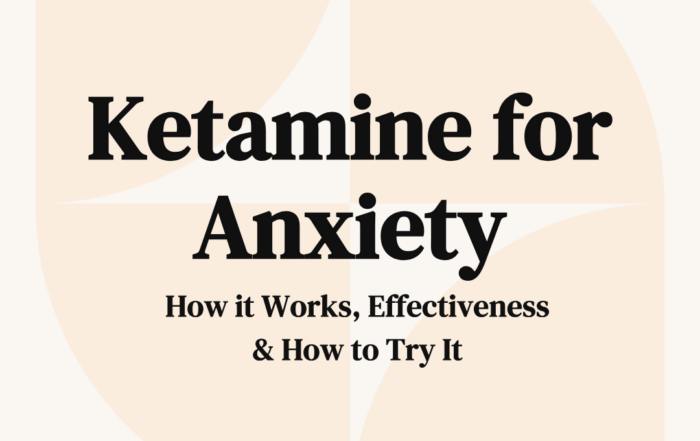
Ketamine for Anxiety: How it Works, Effectiveness & How to Try It
Ketamine can be an effective treatment for anxiety, particularly when other options have failed, but it’s currently not FDA-approved.
March 3, 2022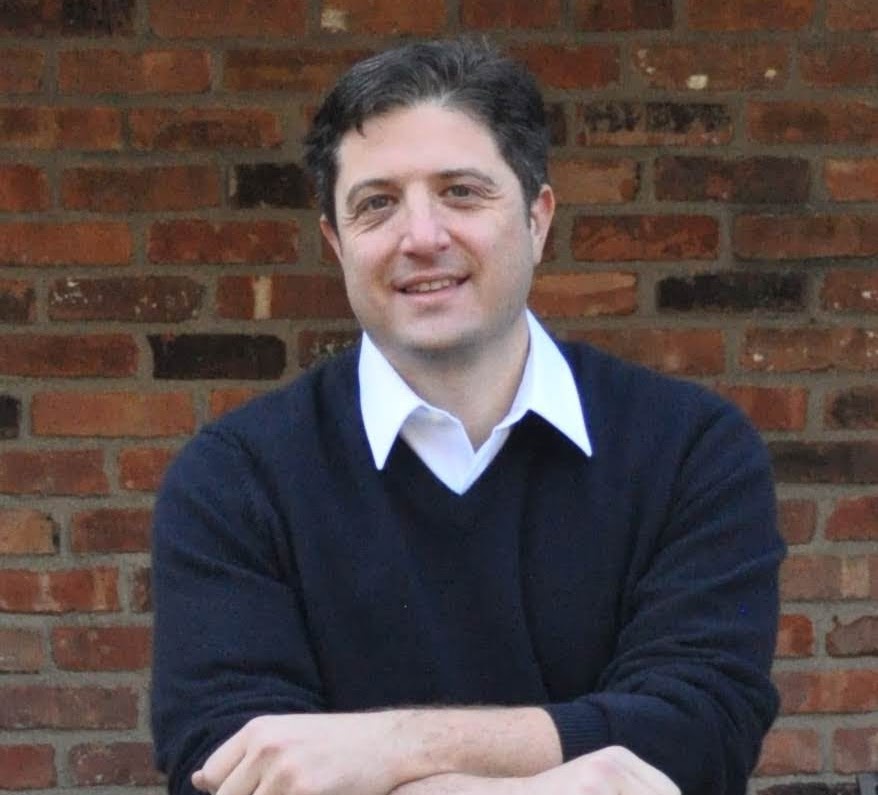

he/him/his
I have worked in the field of psychology for nearly 30 years and opened my private practice in Stony Brook, NY in 2007. I have previously worked in various capacities within psychology/psychiatry at the Zucker Hillside Hospital, Stony Brook University Counseling Center, Northport VA Medical Center, and Creedmoor Psychiatric Center.
In addition, I have also been a researcher in psychology, psychiatry and neuroscience since 1997, with peer-reviewed publications in the areas of psychotherapy outcome, moral reasoning, executive functioning, the neurological correlates of schizophrenia and cannabis use, cognitive correlates of mental illness and ketamine-assisted psychotherapy. I have also served as a clinical assistant professor of psychiatry at the Renaissance School of Medicine at Stony Brook University since 2019, where I give lectures and supervise psychiatry residents in their psychodynamic psychotherapy training.
I also maintain a podcast on the psychology of religion, entitled The Gesher Sessions as well as a YouTube channel, Mind Cube 3D, with original content on topics related to psychology and spirituality. I have had vocational and avocational publications in the New York Times and Washington Post and have served as a peer reviewer for several academic journals, including American Journal of Psychiatry, Asia Pacific Educational Review, Journal for the Scientific Study of Religion, and Journal of Social Distress and the Homeless.
At present I maintain a full-time private practice in Stony Brook, NY, working primarily with adults, couples and families. Although I employ an eclectic treatment style, I most often default to a psychodynamic / psychoanalytic approach. I also collaborate with a psychiatrist colleague to do ketamine-assisted psychotherapy (KAP) treatments with patients who are interested.
The transformations made by my patients occur steadily over time, as I work them to first remediate their most salient symptoms, and then to remove any remaining obstacles preventing them from reaching their highest potential. Since many of these obstacles reside within their unconscious, I have found a psychodynamic approach to be most effective in this area. Additionally, I have found ketamine treatments and KAP have been extremely valuable in helping me to do additional depth work with my patients.
It has been a privilege to write for Choosing Therapy because they show an active commitment to making sure everything published on their site has been vetted by the top professionals in the field of mental health. Although articles posted on Choosing Therapy might not meet the official standard of a “peer-reviewed” research publication (in the same way that an article published in a scientific journal would), editors strongly encourage authors to ensure their claims are carefully cited and backed up by scientific, peer-reviewed research articles. As such, everything appearing on Choosing Therapy’s website meets a much higher editorial standard than the content found on most other online sites, and all articles are carefully edited and medically reviewed, usually by MD/DO-level physicians.
In addition to writing for Choosing Therapy, I am also a reader/consumer of the content on their site because I know and trust the quality of what actually makes it onto their pages.
Dr. Cottone specializes in assisting adolescents and adults with psychological, emotional, and relationship issues, offering couples counseling and family therapy for both traditional and non-traditional relationships. His practice includes ketamine-assisted psychotherapy (KAP) and he incorporates mindfulness, meditation, and Eastern philosophical perspectives into treatment.

Ketamine for Anxiety: How it Works, Effectiveness & How to Try It
Ketamine can be an effective treatment for anxiety, particularly when other options have failed, but it’s currently not FDA-approved.
March 3, 2022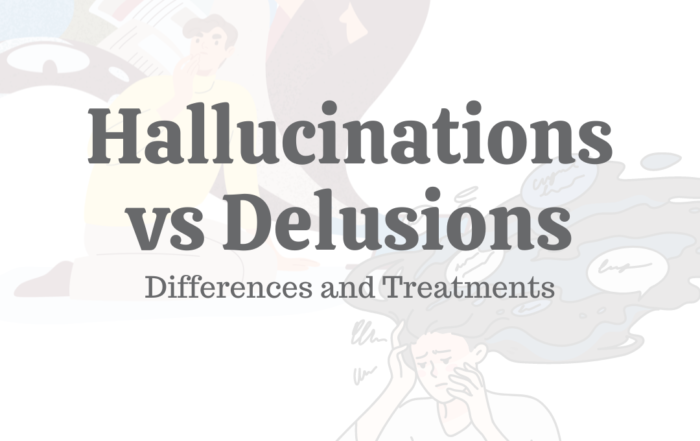
Hallucinations Vs. Delusions: Differences & Treatments
Hallucinations relate to disturbances in sensory experiences, while delusions affect a person’s innate beliefs and mental constructs. These may occur due to a mental health disorder, substance use, certain medications, or other medical conditions. Both are typically treated with medications, alongside certain therapeutic modalities.
March 3, 2022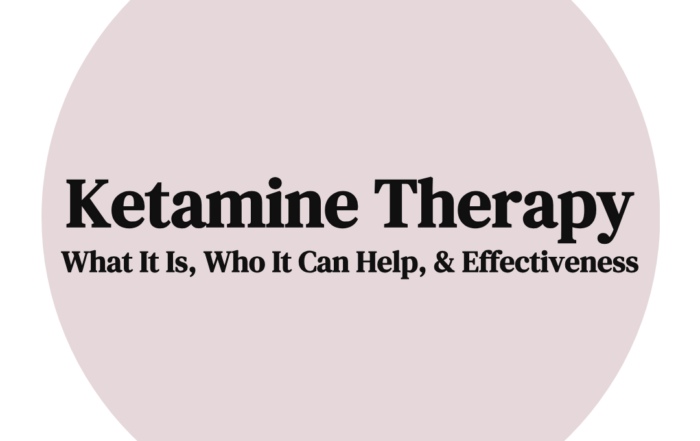
Ketamine Therapy: What It Is, Who It Can Help, & Effectiveness
Ketamine therapy is an FDA-approved treatment for refractory depression and suicidality but is also used off-label to treat anxiety, PTSD, and chronic pain.
March 3, 2022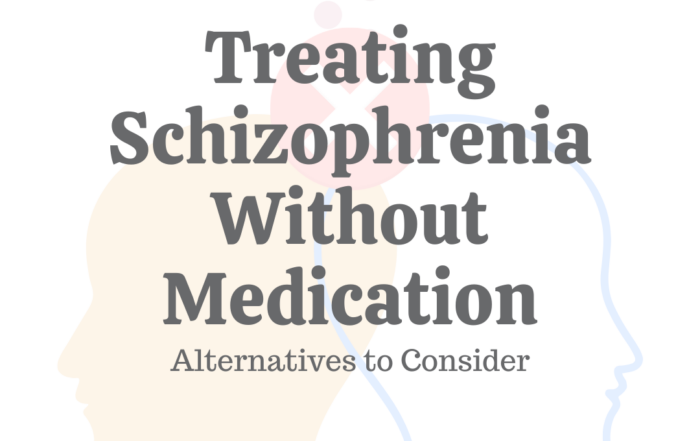
Treating Schizophrenia Without Medication: 14 Alternatives to Consider
Alternative treatments for schizophrenia are not intended to replace conventional strategies, like medication and psychotherapy. However, they can be useful as therapeutic add-ons, especially for those with treatment-resistant symptoms. Complementary methods can serve to enhance ongoing treatment, reduce medication side effects, and establish a healthier body and mind, which is crucial for maintaining stability.
March 3, 2022“Experiencing a mental health crisis is scary; in fact, it can feel like being in a freefall. I know this, not just from my work and training as a psychologist, but because at different points in my own life I have experienced depression, panic attacks and other things. Most of my colleagues in the fields of psychology and psychiatry have also experienced these things, and we have all benefited from psychotherapy at one point or another in our lives.
There is no shame in admitting that you may need help, and help can come in many forms. Though psychotherapy and psychiatric treatment can be very effective, help can also come in the form of joining a meditation circle, a spiritual group, or a 12-step program. Even a social organization or online forum (e.g., on Reddit), where people are open and honest about their life struggles, can be an enormous benefit, helping you to not feel so alone in your struggles. The first time you hear someone else tell your story, as the saying goes, and discover that there are other people out there struggling in the same way that you are, everything changes. So many of the world’s most successful people – including business leaders, U.S. presidents, Hall of Fame athletes, entertainers, scientists, and global opinion leaders – have been helped by therapy. There’s nothing to fear… except feeling better.”
 John G. Cottone, PhD
John G. Cottone, PhD
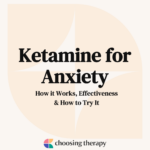



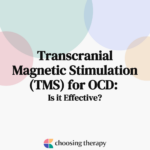
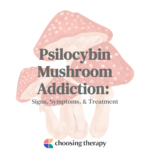

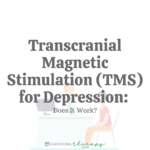
© 2023 Choosing Therapy, Inc. All rights reserved.